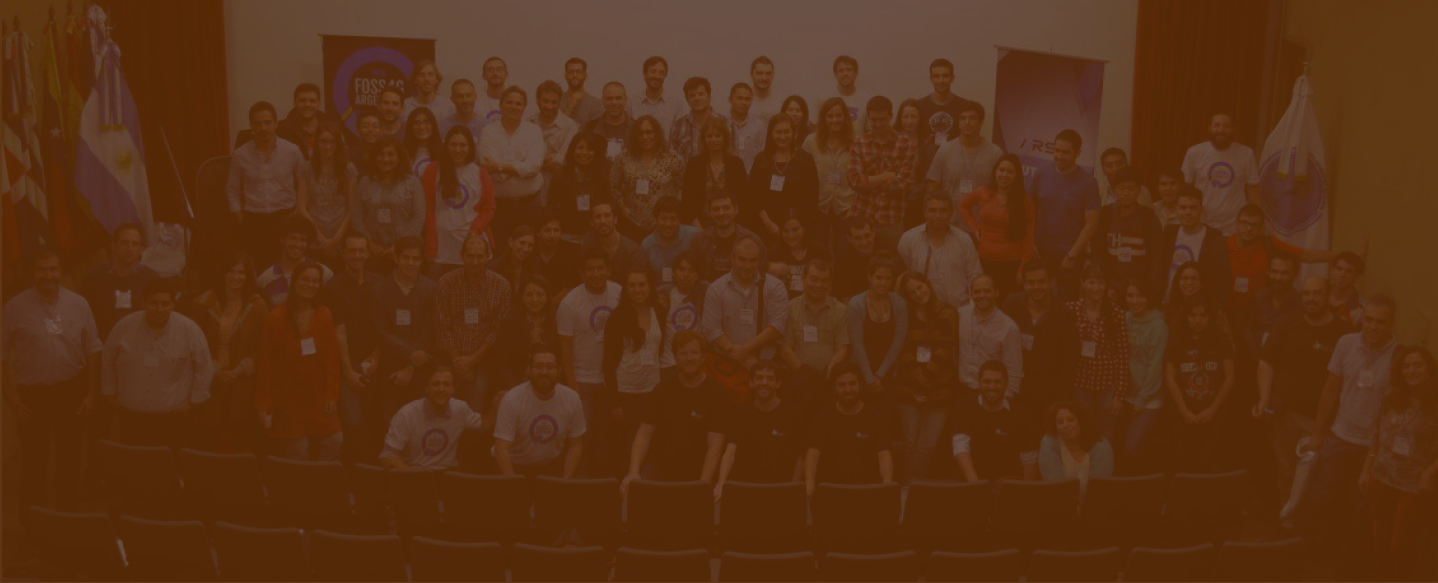Karel Charvat
Karel Charvat graduated in theoretical cybernetics. He is a member of ISPA, Research Data Alinace, Club of Ossiach, CAGI, and CSITA, now is chairman of OGC Agriculture DWG. He was organiser on many hackathons, where as most important were INSPIRE Hacks.. Now he is also active in Plan4all association.
Sessions
Agriculture comprises vital economic sectors producing food, agro-industrial feedstock, and energy and provides environmental services through managing soil, water, air, and biodiversity holistically. Agriculture including forestry also contributes to managing and reducing risks from natural disasters such as floods, droughts, landslides, and avalanches. Farming with its close contact to nature provides the socio-economic infrastructure to maintain cultural heritage. Farmers are also conservers of forests, pastures, fallow lands, and their natural resources and, in turn, of the environment. Agriculture today is a composite activity involving many actors and stakeholders in agri-food chains that produce and provide food and agricultural commodities to consumers. In addition to farmers, there are farm input suppliers, processors, transporters, and market intermediaries each playing their roles to make these chains efficient.
Presentation will present analysis and the the vision of the EO4Agri project about the role of Earth observations in agriculture. The increasing economic, social, and environmental needs of agriculture pose many challenges for the upcoming years.
This topic is closely related to the strategies of the United Nations and the European Union on sustainability. The United Nations adopted 17 Sustainable Development Goals in 2015 as part of the 2030 Agenda for Sustainable Development. The European Union presented in 2019 the European Green Deal - a roadmap to make the European economy sustainable. This white paper aims to stress the importance of knowledge management for agriculture to address these challenges. The role of Earth observation in this knowledge management is analysed including its current gaps and limitations. The white paper focuses on the definition of key problems, analysis data gaps, delivery platforms, analytical platforms, and final recommendations for future policies and financing. This document serves as an input for the future Strategic Research Agenda and the Policy Roadmap.

